Top 10 Great Post-Apocalyptic Science Fiction Novels
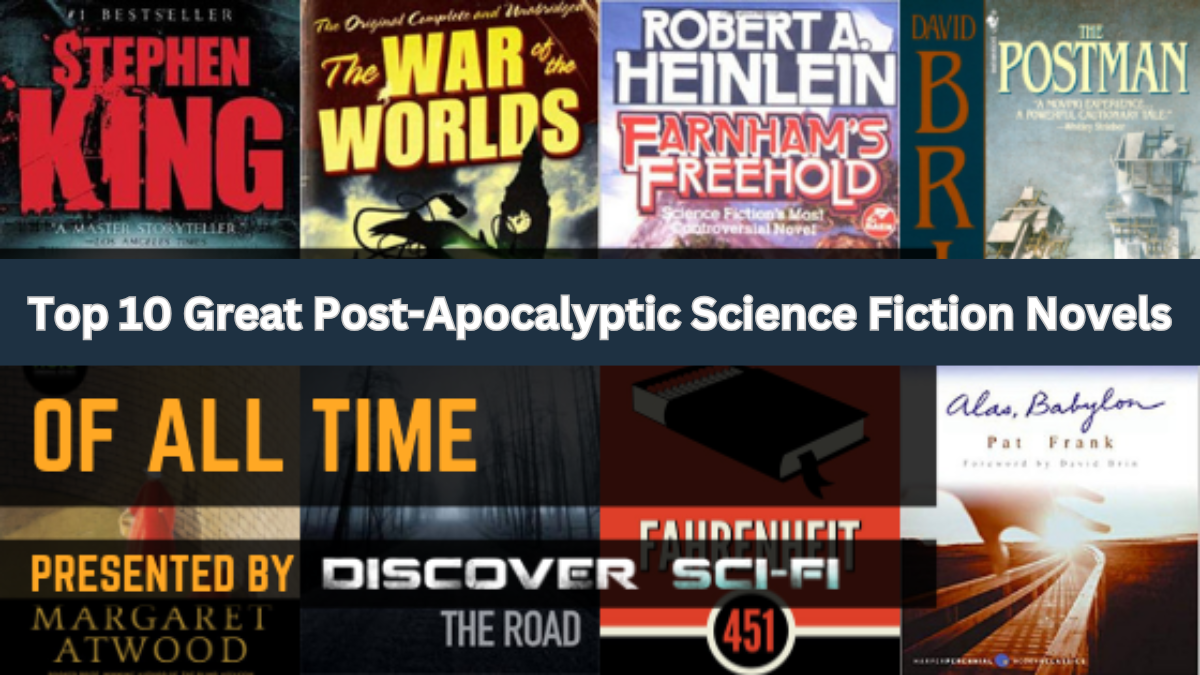
“Explore the top 10 post-apocalyptic science fiction novels that delve into humanity’s resilience in the face of catastrophe. From the haunting aftermath of nuclear war in ‘Alas, Babylon’ to the thought-provoking themes in ‘I Am Legend’ and ‘Planet of the Apes,’ discover timeless classics that examine survival, society, and the human spirit after civilization crumbles.”
1. Alas, Babylon by Pat Frank (1959)
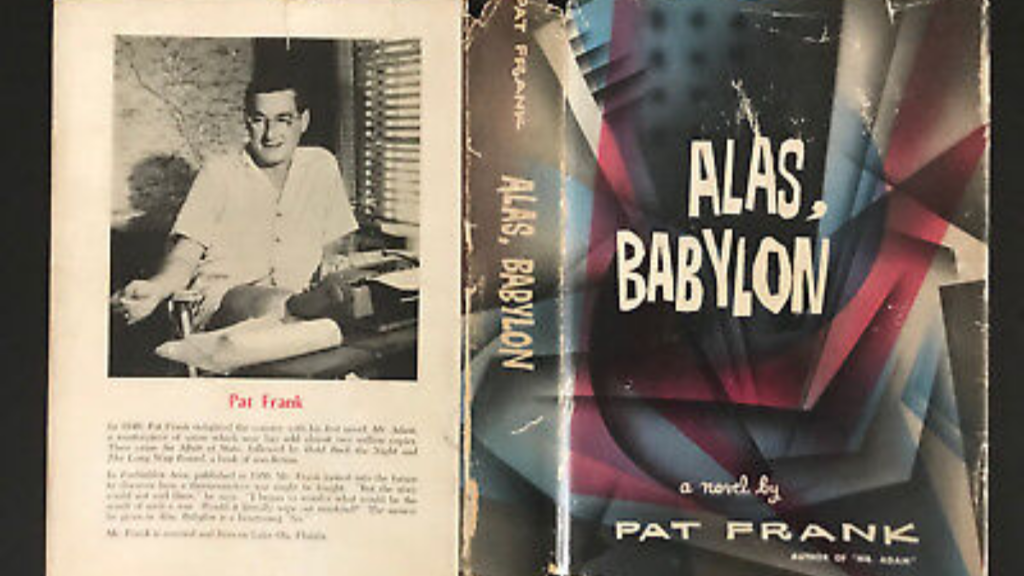
Often regarded as one of the finest depictions of life after nuclear war, this novel follows a small Florida community that receives a warning of impending disaster. Frank explores survival strategies, race relations, and the social dynamics that emerge in the aftermath of catastrophe. With rich character development and realistic scenarios, “Alas, Babylon” remains a timeless classic in the post-apocalyptic genre, highlighting the enduring spirit of humanity.
2. Planet of the Apes by Pierre Boulle (1963)
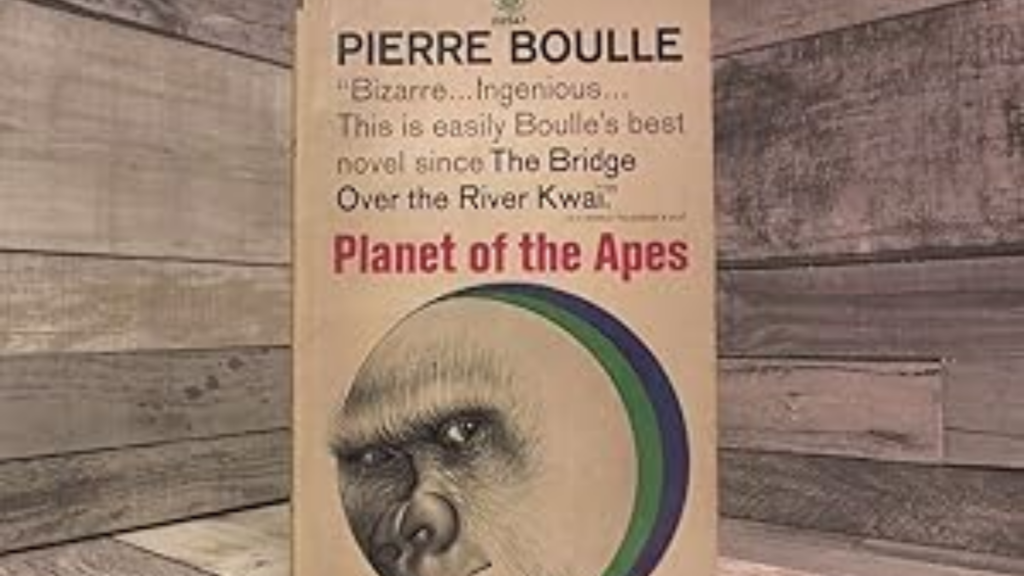
While famous for its film adaptations, Boulle’s novel presents a complex narrative about the evolution of society and the roles of different species. Set in a future where apes have become the dominant beings, the story critiques human nature and civilization. The themes of identity, power dynamics, and societal decay resonate throughout, making it a thought-provoking read.
3. I Am Legend by Richard Matheson (1954)
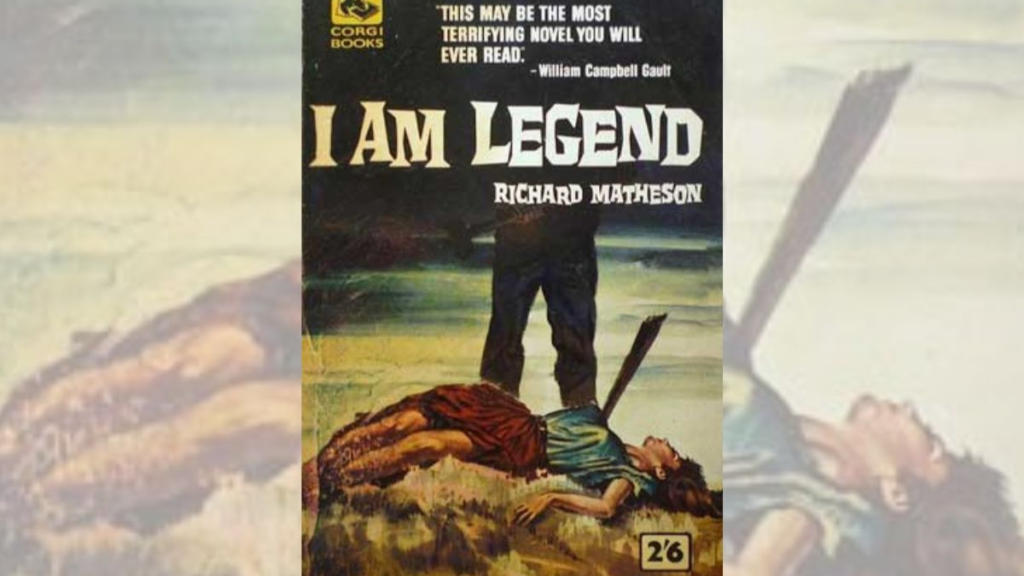
This seminal novel has inspired numerous adaptations, capturing the essence of survival in a world overrun by vampiric beings. Matheson’s exploration of isolation, fear, and the struggle for humanity’s survival makes this work a compelling study of what it means to be the last man standing in a transformed society. The narrative raises questions about morality and the nature of monstrosity.
4. The Wild Shore by Kim Stanley Robinson (1984)
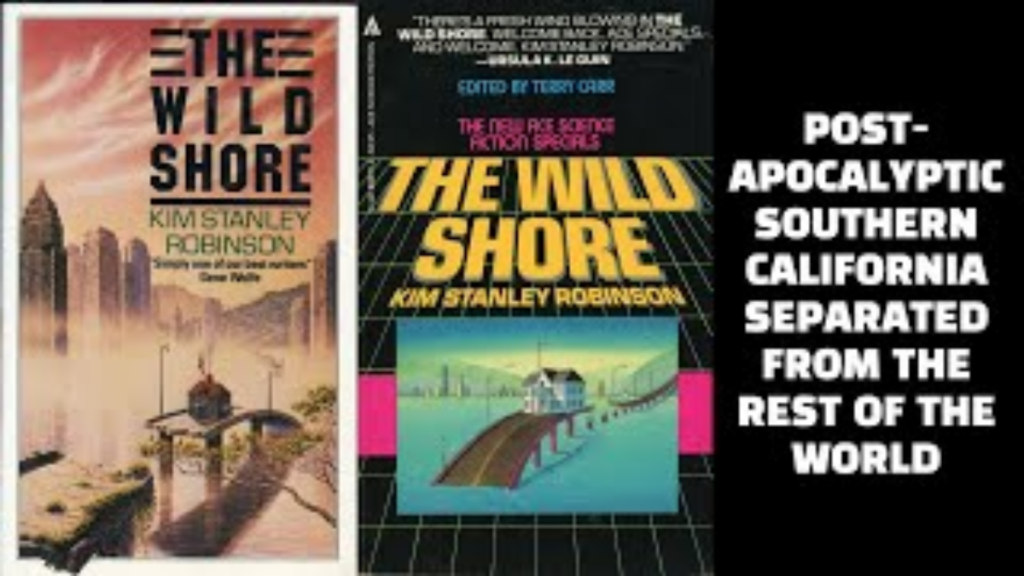
Robinson’s novel is set in a post-nuclear California, where a small community struggles to survive. The story focuses on relationships and the attempt to rebuild civilization amidst the remnants of a devastated society. Through vivid depictions of life and the complexities of human interaction, Robinson presents a nuanced exploration of adaptation and resilience in the face of adversity.
5. Eternity Road by Jack McDevitt (1997)
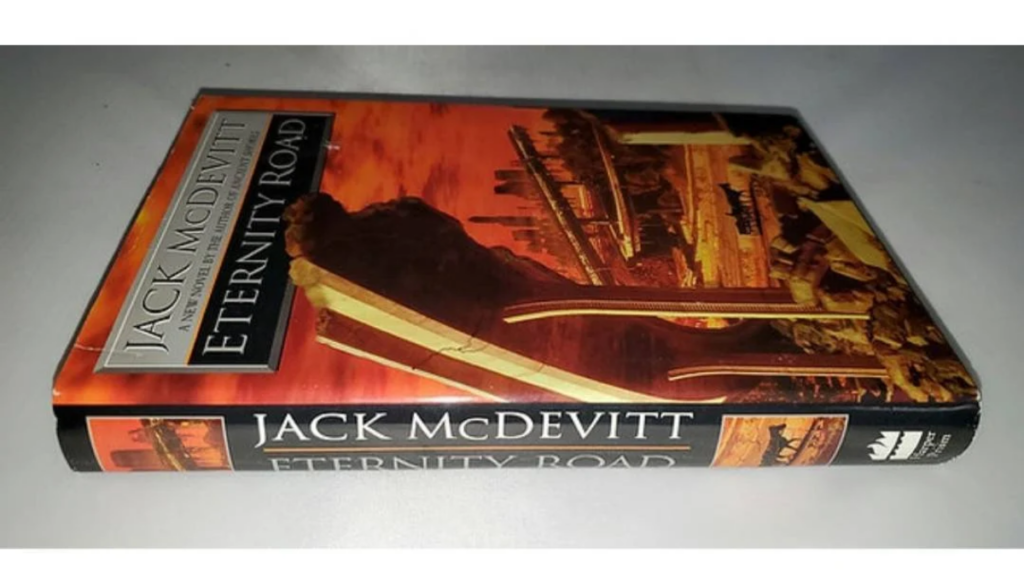
Set a millennium after a devastating plague, this quest novel follows a group of survivors searching for a legendary place known as “Haven,” believed to hold the secrets of advanced technology. McDevitt’s narrative combines adventure with philosophical musings on knowledge, progress, and the value of the past, as the characters seek to understand their place in a changed world.
6. The Postman by David Brin (1985)
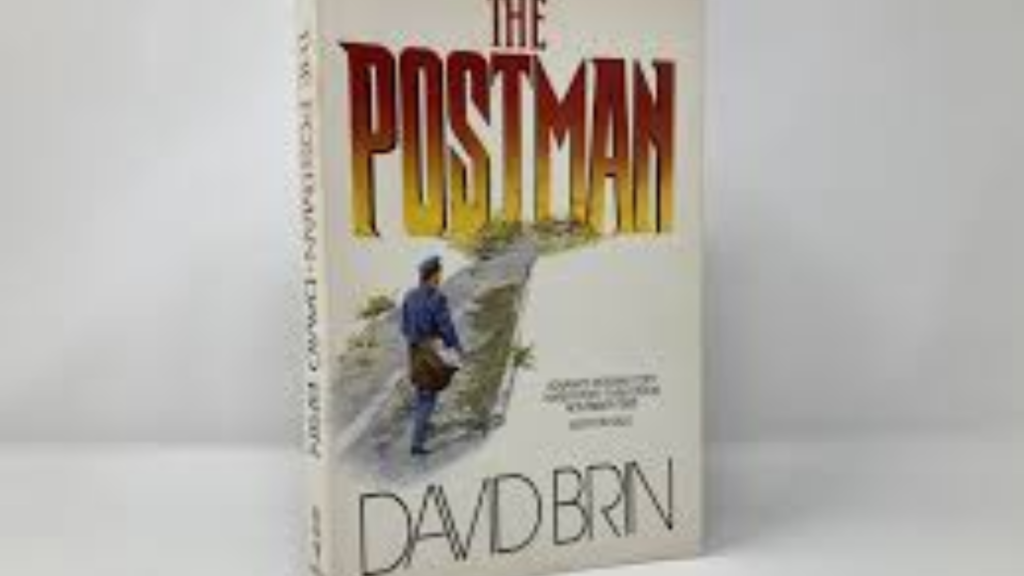
In a post-apocalyptic world, a drifter discovers the remnants of a mailman’s uniform and assumes the role of a postal carrier. This act of restoring communication becomes a beacon of hope and normalcy for isolated communities. Brin’s novel delves into themes of trust, identity, and the human need for connection, ultimately presenting a story of redemption and the rebuilding of society.
7. A Canticle for Leibowitz by Walter M. Miller, Jr. (1960)
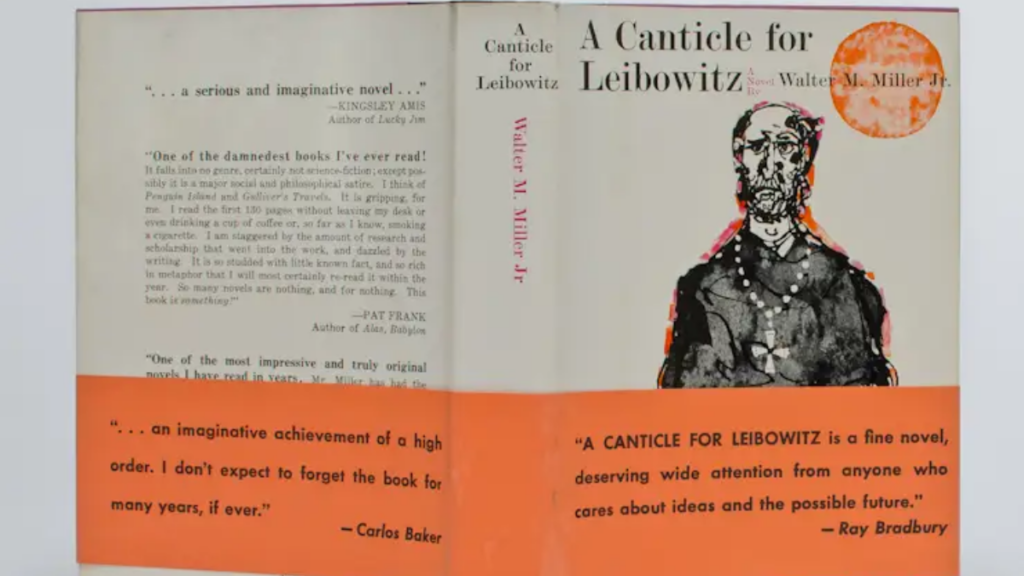
Spanning centuries after a nuclear holocaust, this novel follows a monastery dedicated to preserving scientific knowledge. Miller’s work intertwines religion, history, and science as the monks strive to safeguard humanity’s intellectual heritage. The narrative explores cycles of civilization, the conflict between faith and reason, and the challenges of progress in the shadow of past destruction.
8. Earth Abides by George R. Stewart (1949)
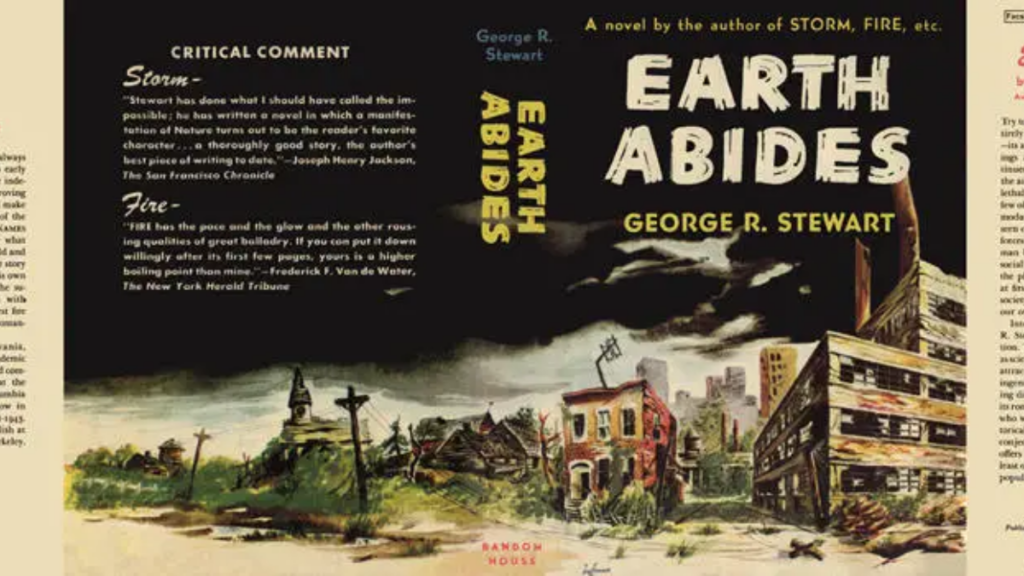
This novel tells the story of a global epidemic that wipes out most of humanity. The protagonist, who survives the initial catastrophe, must navigate a desolate world and grapple with the rebuilding of society. Stewart’s thoughtful examination of human resilience and the natural world’s response to societal collapse makes this work a poignant reflection on civilization’s fragility.
9. On the Beach by Nevil Shute (1957)

Set in the aftermath of a nuclear war, this novel depicts the slow march toward extinction faced by survivors in Australia as they await the inevitable arrival of deadly fallout. Shute explores themes of acceptance and resignation, showcasing characters who confront their fates with stoicism. The novel’s somber tone and profound moral questions resonate deeply, making it a classic of post-apocalyptic literature.
10. Lucifer’s Hammer by Larry Niven and Jerry Pournelle (1977)
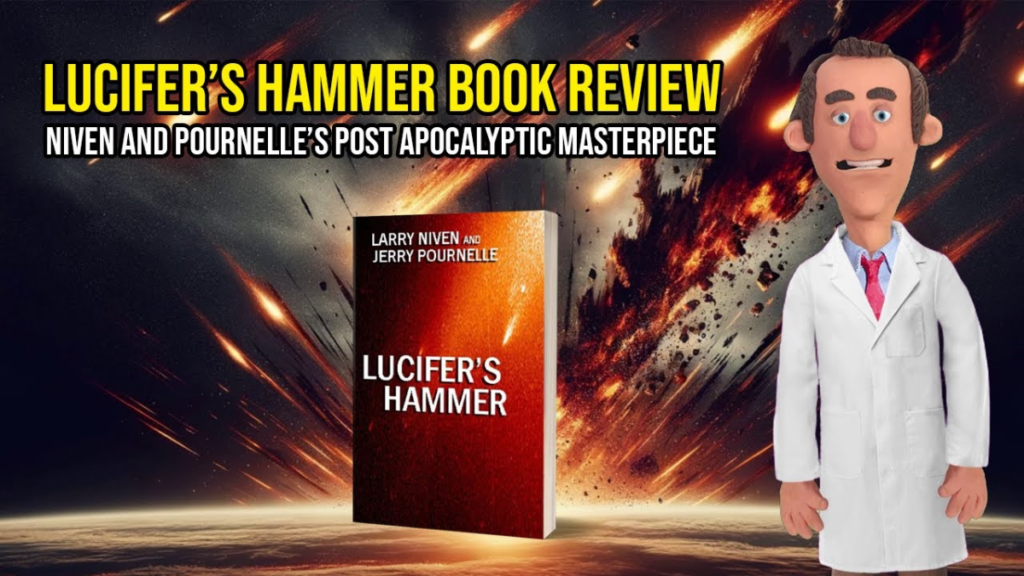
In this gripping novel, a comet strikes Earth, leading to a catastrophic breakdown of civilization. The story follows a diverse cast of characters as they navigate the chaos before and after the impact. Niven and Pournelle create a vivid portrayal of how society crumbles and new social dynamics emerge, forcing characters to grapple with trust and survival in a transformed world.


